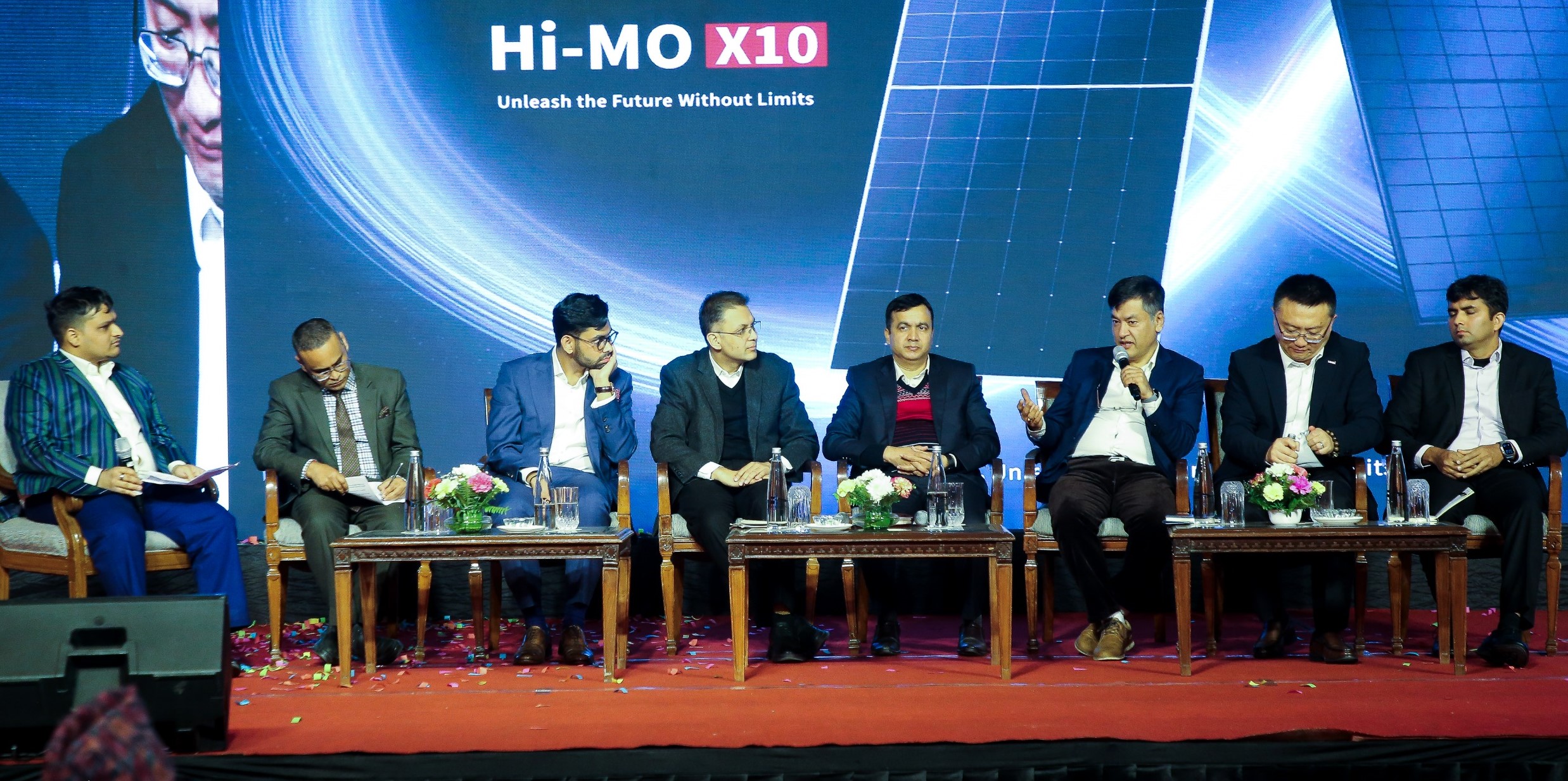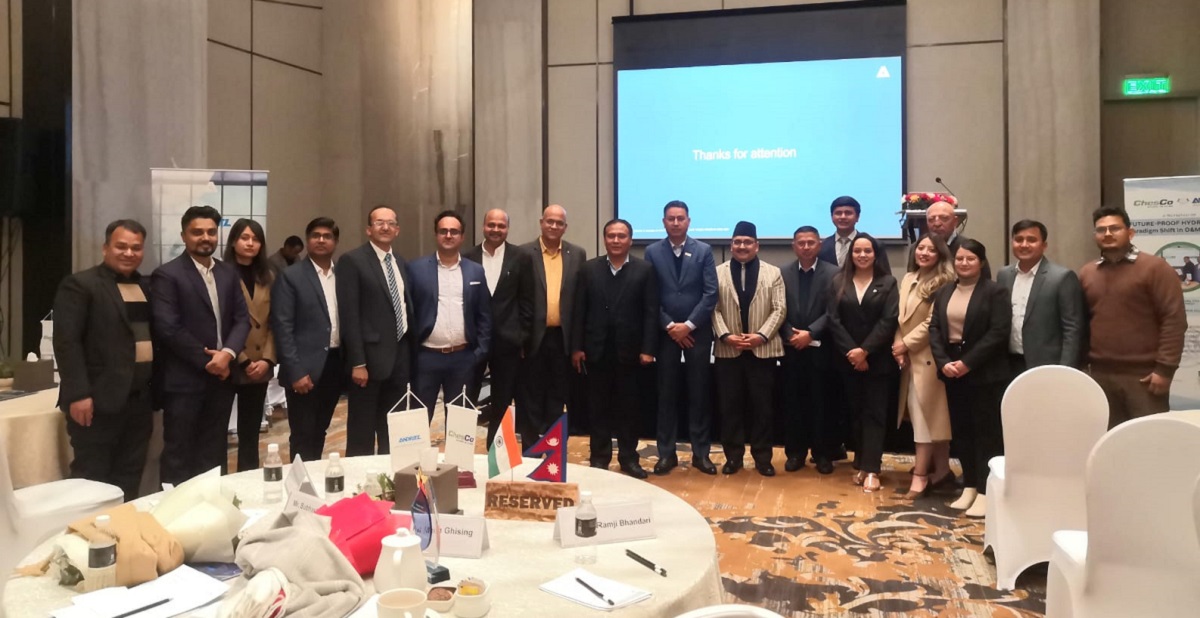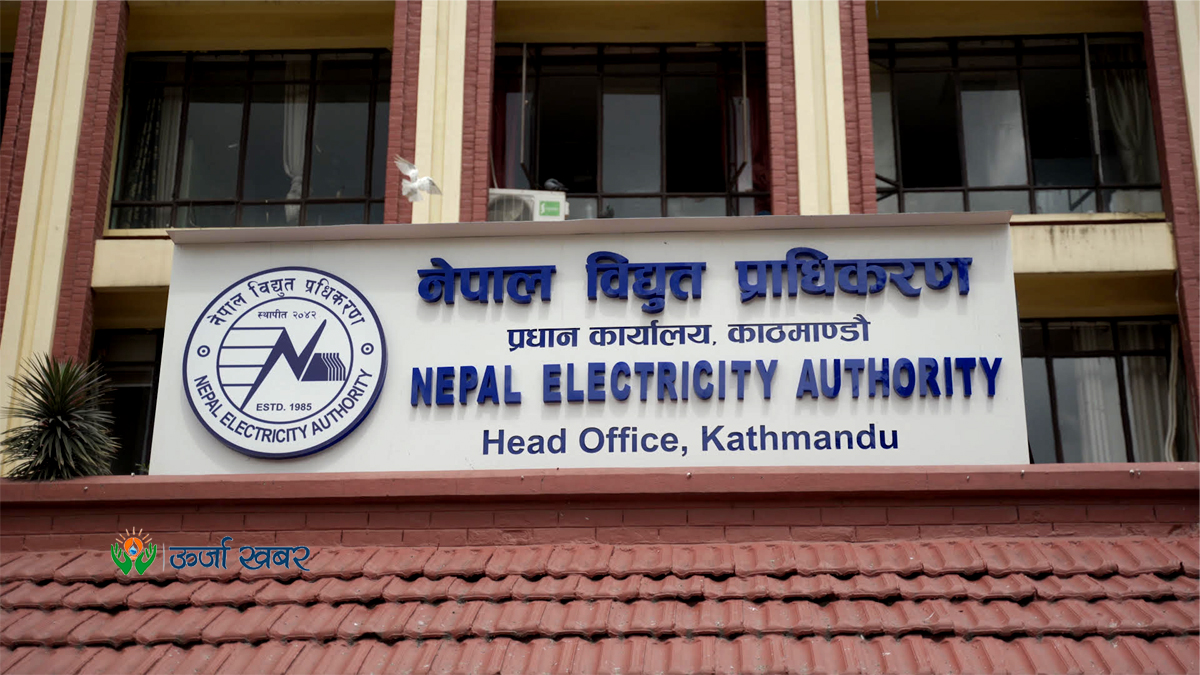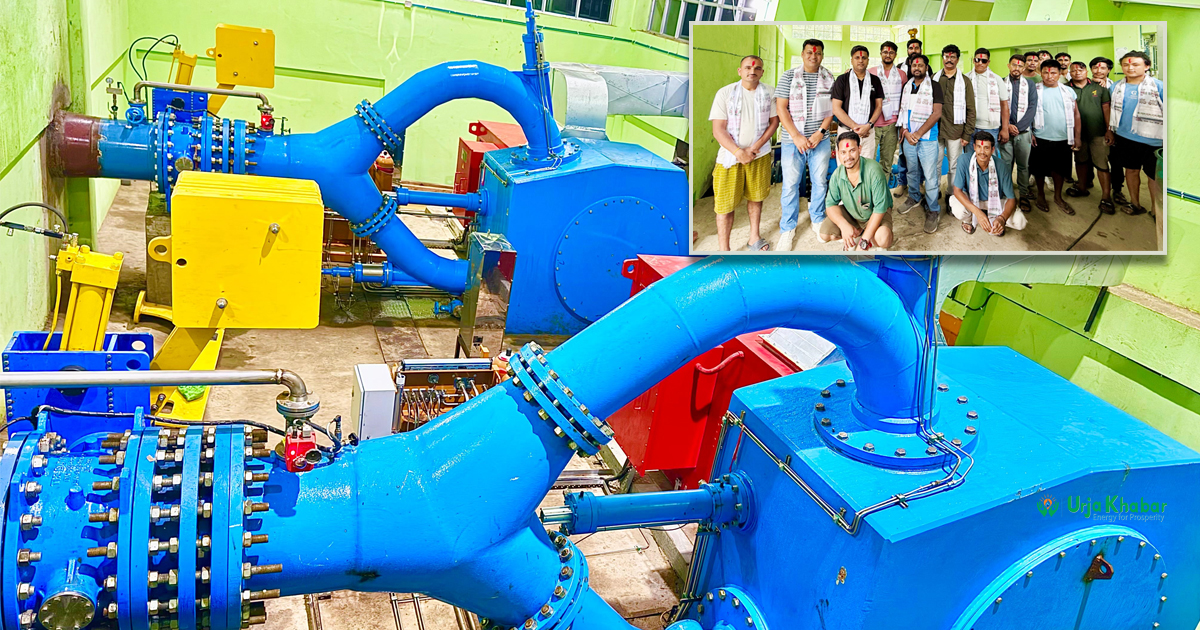Energy Update
MCC Nepal Compact enters implementation phase from Wednesday
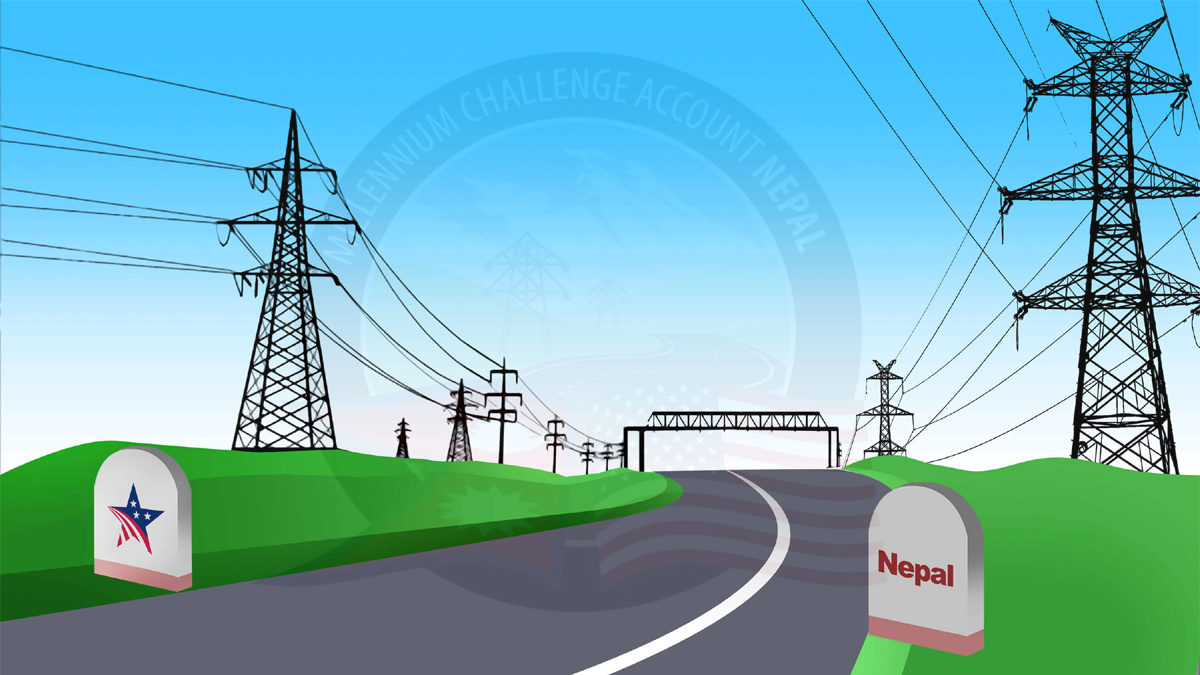
Kathmandu: The Millennium Challenge Corporation (MCC) Compact enters into its fully functioning stage from Wednesday.
Under the program, a grant of US $500 is being spent to strengthen the country’s transmission lines and electricity distribution system. Nepal’s parliament ratified the MCC Compact on February 27, 2022.

According to the Millennium Challenge Account Nepal (MCA-Nepal), it is launching the Entry into Force (EIF), one of the major components of the program, since August 30. In this regard, the counting of the five-year period will start from the day.
As the EIF date is fixed for Wednesday, the project work related to power transmission line and road construction to be implemented under the MCC Nepal Compact should be completed within the next five years.

According to the MCA-Nepal, out of six pre-conditions identified for implementing the EIF, five have been accomplished. As of now, the land acquisition for the EIF has not been finalized. According to the MCA-Nepal, a total of 1,471 hectares of land is needed to construct electricity transmission lines.
The EIF was supposed to be implemented from June 30, 2020. However, impediment in endorsing the MCC from parliament and failing to manage the prerequisites related to the projects led to the delay in inception of the EIF.
In September 2017, the US Government’s MCC signed a US $500 million grant agreement with the Government of Nepal. With the delay in implementation of the projects under the MCC, the financial liability of the government has increased by US $67 million.
Conversation
- Info. Dept. Reg. No. : 254/073/74
- Telephone : +977-1-5321303
- Email : [email protected]










